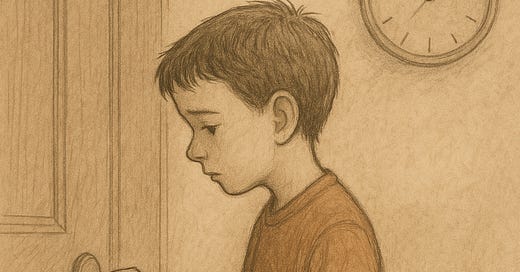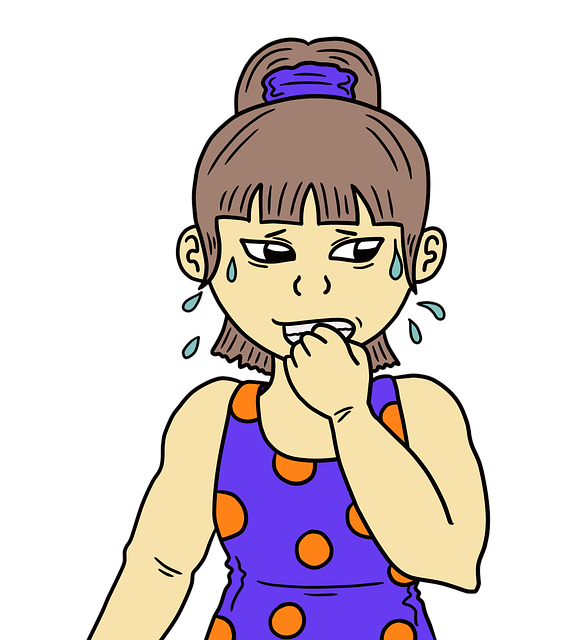Obsessive-Compulsive Disorder
Why do people with OCD repeat certain rituals and obsessively repeat certain thoughts and worries?
Obsessive-Compulsive Disorder(OCD) is marked by symptoms such as repetitive thoughts and worries along with intense anxiety. That anxiety forces a person to repeatedly perform certain actions, known as compulsions.
For those who suffer from OCD not repeating the action causes them feel as if something terrible. I have worked with patients who repeatedly returned to the stove to make certain it was turned off. Even after checking they felt compelled to check the stove yet again because they convinced themselves that it was still in the on position.
Another example of OCD is when someone who feels the urge to touch a doorknob repeatedly. Their thought is that "If I don’t touch the doorknob a certain number of times something bad will happen." Of course these rituals fail to relieve symptoms. They also fail in providing any reassurance that everything is good.
The tricky part is that these rituals reinforce the cycle. The brain learns, "If I do this, I’ll feel better," even if the relief is only temporary. Over time, the rituals grow stronger, becoming automatic and hard to resist. It’s a feedback loop: obsessions lead to anxiety, anxiety leads to compulsions, and compulsions provide short-lived relief but never really solve the problem.
What causes this? Researchers believe OCD stems from a combination of factors, including genetics, brain chemistry, and life experiences. Studies show differences in brain activity in areas related to decision-making, fear, and habit formation. The brain gets stuck in overdrive, making it harder for someone with OCD to dismiss their intrusive thoughts as unimportant.
Stress can also play a role, either triggering the onset of OCD or making symptoms worse. For example, a big life change or a traumatic event might increase a person’s need for control, leading to obsessive thoughts and compulsive behaviors as a way to cope.
It’s important to remember that the rituals themselves aren't the real problem but are just the symptoms. The real issue is the underlying anxiety and faulty brain signaling. This is why treatment, like cognitive-behavioral therapy (CBT) or medication, focuses on teaching the brain a new way to respond to obsessions. Over time, people can learn to tolerate the anxiety without performing rituals, breaking the cycle bit by bit.
If you know someone with OCD, it’s crucial to approach them with understanding. Their behaviors may seem strange or frustrating, but underneath is a person trying desperately to feel safe and in control. With the right help, they can learn to quiet the alarm that keeps ringing and regain a sense of peace.
In the end, OCD isn’t about cleanliness, order, or superstition; it’s about fear and the lengths the mind will go to in order to feel relief. Recognizing this is the first step toward compassion and support for those who live with it every day.








At times the world can instill fear in the strongest of us.
Very interesting, Allan. My first wife had a very serious OCD that contributed to the disintegration of our marriage. I knew she had it but didn’t understand why she had it.